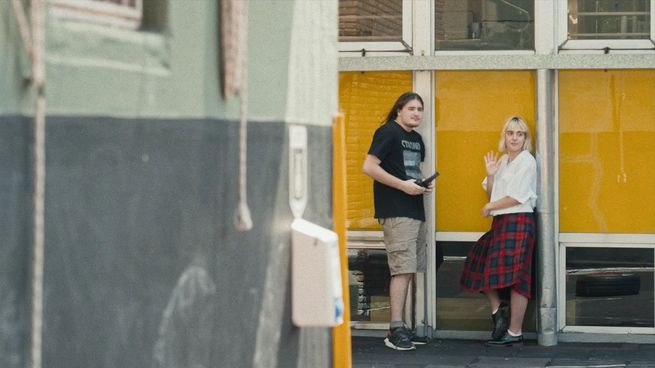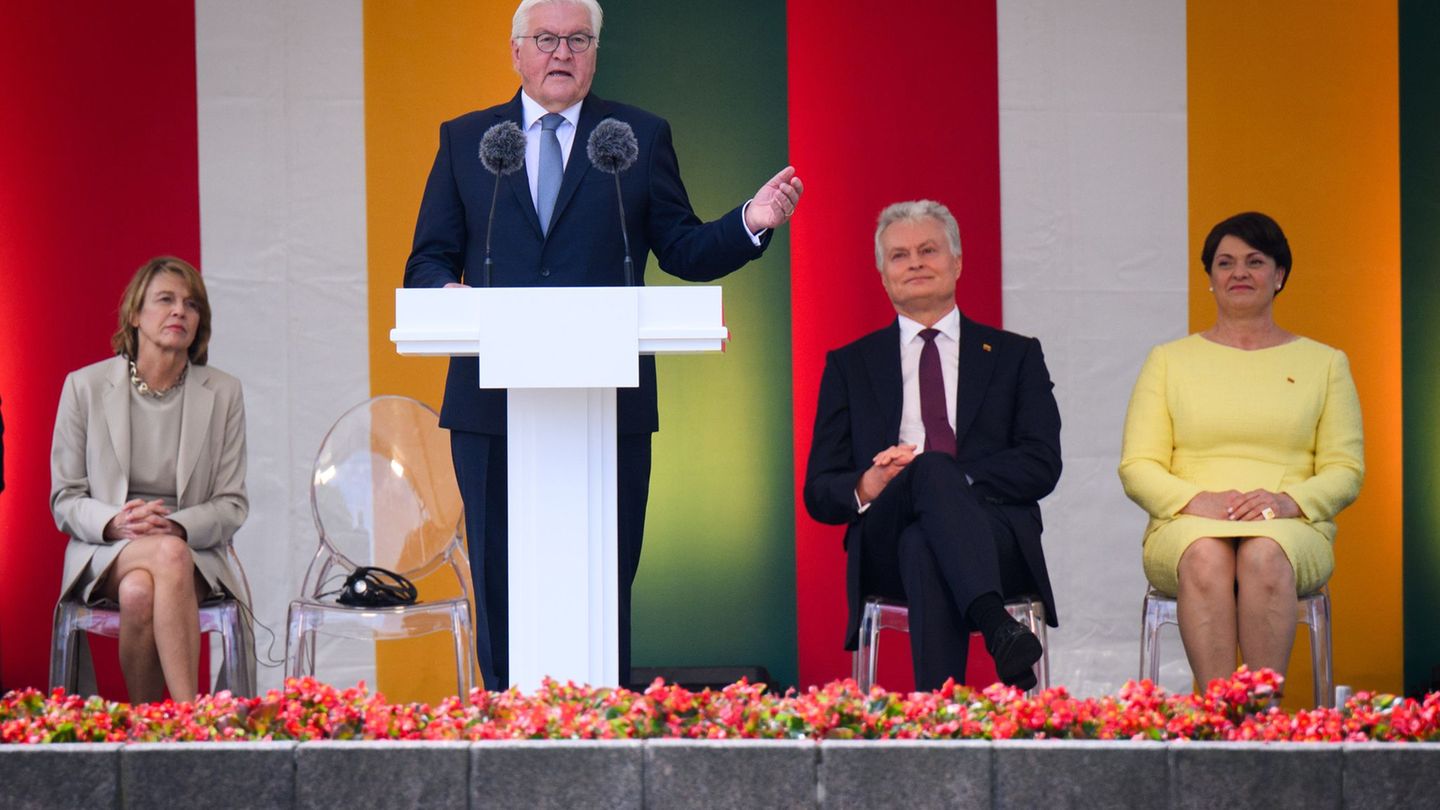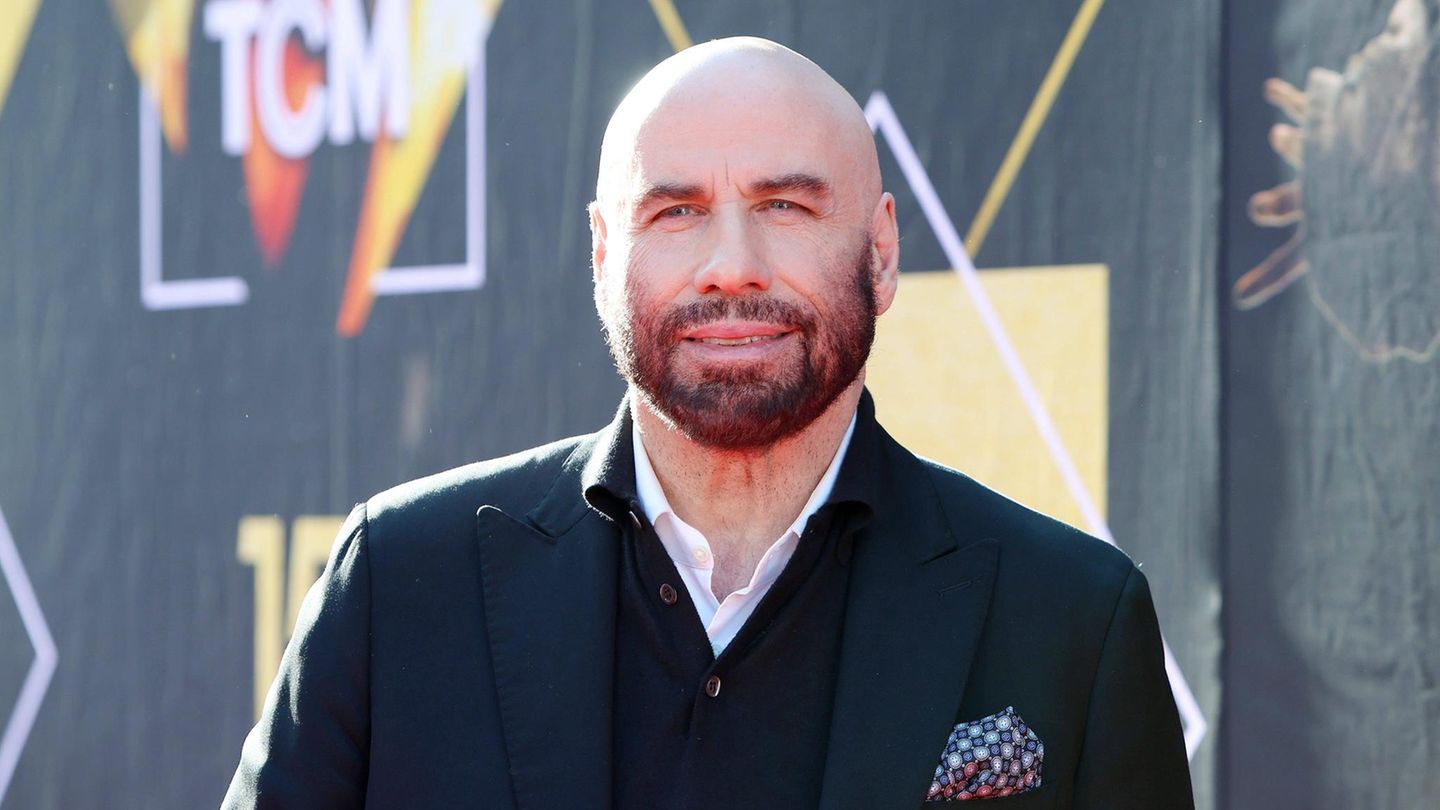The new edition of the Buenos Aires exhibition begins with protests against the nation’s cultural policies, but also against cuts in the City. “Alfonsina Storni Private School” will be the opening film
The 25th Buenos Aires International Independent Film Festival begins tonight with turbulencebetter known as Bafici. Various groups of protesters gathered at 1 p.m. on the Incaa sidewalk to protest against the authorities of that organization, and from there they plan to go to the San Martín Theater sidewalk, and perhaps inside the Theater itself, to also demonstrate against the festival organizers. Left-wing groups demand that they join them in a public declaration. At the same time, right-wing sectors demand that the festival’s expenses be lower (largely covered by Culture of the City).
The content you want to access is exclusive to subscribers.
The opening performance will be with the comedy of Lucía Seles “Alfonsina Storni Private School”, only for guests. Tomorrow at 11:45 a.m. the party begins in earnest (beyond the little festive spirit there is for this quarter-century-old Bafici), with around thirty films spread across 13 theaters, from the Leopoldo Lugones of the Teatro San Martín al Gaumont (the flagship cinema of the Incaa, today a quake), and from the Cinemark Houssay next to the Faculty of Medicine to the Cinema Museum, in La Boca, a mechanic that will be repeated daily until Sunday the 28th.


There are more than 250 titles between short (many short) and long, 85 of them in the various competitions. Among the competitors present in Buenos Aires are Luiz Fernando Carvalho (“The Passion According to GH”based on the book by Clarise Lispector), Marcelo Gomes (the melodrama “Portraits of a certain East”), the Mexican Jorge Cuchi (“A bad actor”accused of sexual abuse a man falls under the fury of exalted feminists) and Oksana Karpovych (documentary “Intercepted”, which confronts images of the destruction in Ukraine and telephone conversations of Russian soldiers). Among the juries, the directors Giacomo Abbruzzese, Néstor Frenkel, Serge Michel, Fred Riedel, Rodrigo Areias, Rodríguez Parente and the writer Mariana Travacio (“You will see me fall”).
And to dialogue with the public in the out-of-competition sections, they arrive Cristian Sánchez, from Chile (“I go and I come back” and other films), the Malay Areel Abu Bakar (“Walid”)unexpected popular action film), Shannon Walsh (“Adrianne & The Castle”a love story), the Cuban Juan Pin Vilar (“Fito’s Havana”documentary censored in Cuba) and the veteran Julio Bressaneof “Matou a familia e foi ao cinema”who brings his new work, “Leme do destiny”helm of destiny.
In addition, a good handful of talks are announced on production, dissemination and other specific problems, public exhibitions by directors and between directors, and between an actress and the public (on Friday, Mirta Busnelli in Room 3 of the Cultural San Martín), presentations of books on Godard, Akerman, Perrone and the historic Argentine film studios (“Magic was done here”, of Alejandro Ojedaon Monday the 22nd) and two evocative meetings: Maria Onis and Graciela Borges remembering the disturber Jorge Polaco (tomorrow at 6pm) and Denise Urteig with Mariano Frigerio revaluing “Fierce Tango” (on the 24th at 4 p.m.), both in Room 3. It should be noted, Urteig and Frigerio are the authors of “Carroceros”smiling and even emotional record of the fans of “Waiting for the carriage” who gather in front of the house where it was filmed and recite all the dialogues by heart.
Source: Ambito
I am an author and journalist who has worked in the entertainment industry for over a decade. I currently work as a news editor at a major news website, and my focus is on covering the latest trends in entertainment. I also write occasional pieces for other outlets, and have authored two books about the entertainment industry.




